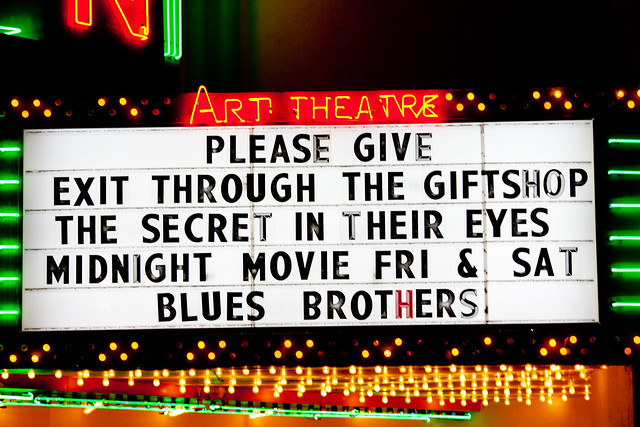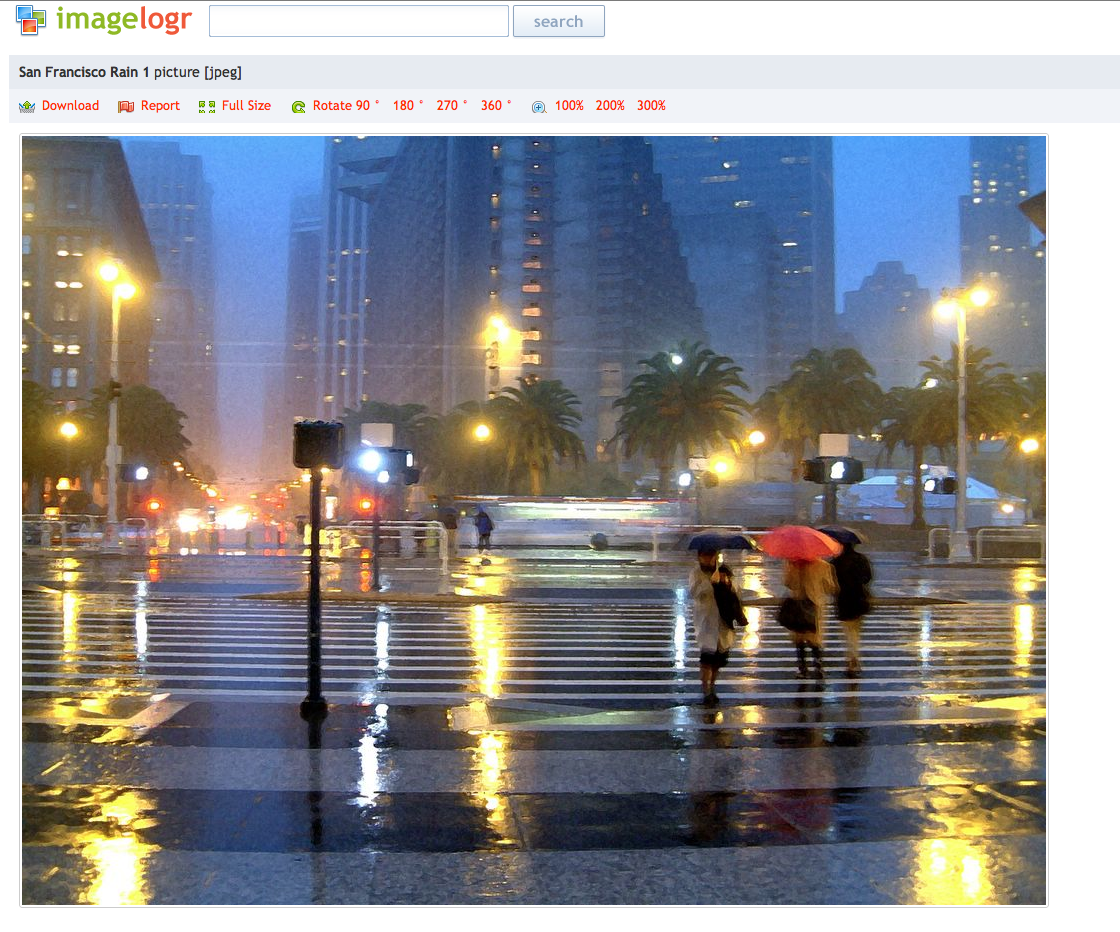In 2011, Richard Prince republished a 500 run first edition of the classic JD Salinger novel Catcher in the Rye, under his own name. The reproduction was identical in every way except the author’s name was swapped from J.D. Salinger to Richard Prince.
The production value of the book was astonishingly high, a perfect facsimile of the original, right down to the thick, creamy paper stock and classic typeface. The text on the dust jacket—replete with the same iconic line drawing of the angry red horse—began, “Anyone who has read Richard Prince’s New Yorker stories, particularly A Perfect Day for Bananafish, Uncle Wiggly in Connecticut, The Laughing Man, and For Esmé–with Love and Squalor, will not be surprised by the fact that his first novel is full of children.” It was a dead-ringer through and through —not a word was changed—with the exception that the following disclaimer was added to the colophon page: “This is an artwork by Richard Prince. Any similarity to a book is coincidental and not intended by the artist.” Most shockingly, the colophon concluded with: © Richard Prince.
After the publication Sonic Youth’s Kim Gordon interviewed Prince.
Kim Gordon: But what about the change, putting your name on the J.D. Salinger…
Richard Prince: Well, oh. That’s just a favorite book. I’m aware of the implications. It’s kind of the Disneyland of book publishing. You don’t mess with images from Disney. You don’t near it. And Catcher in the Rye is also on lockdown; it’s almost become an institution, it’s very sacred. It’s very rare to get a great first-edition copy.
I reread the book. If you have a book in your collection, it has to be a well-written book. I don’t collect books just because other people collect them, and I’m not going to have books in my collection if I think it’s badly written. Unless it’s deliberately bad or it has to do with the culture. I love deliberately badly written books. But when I reread Catcher I realized how contemporary the writing was, and then I was talking, I had the idea of putting it out again. And I think the idea of republishing Catcher, my contribution to that book was simply—and I know this is going to sound terrible, or maybe it’s not—but I just wanted to double the price.
Kim Gordon: To make it have the value you think it ought to have?
Richard Prince: Yeah, I just wanted to make sure, if you were going to buy my Catcher in the Rye, you were going to have to pay twice as much as the one Barnes and Noble was selling from J.D. Salinger. I know that sounds really kind of shallow, and maybe that’s not the best way to contribute to something, but in the book collecting world you pay a premium for really collectible books. I thought, we charged, I think on the book flap it’s $62. There’s a certain kind of adolescent thinking there that I can’t seem to get away from. And I don’t know if I should get away from it, but I certainly acknowledge that it might not be the most interesting way to contribute to the making of that particular object, but I like the fact that the price is twice as much. And it’s enough.








